Compare nursing homes and assisted living: costs, care levels, pros & cons. Learn how to choose the best senior living option for your loved one.
Introduction
When planning senior care, families often face the important choice between a nursing home and assisted living. While both provide safe housing and support, the type of care, cost, and lifestyle offered are very different. Understanding these differences is crucial for making the right decision for your loved one’s comfort, safety, and well-being.

What Is a Nursing Home?
Nursing homes, also known as skilled nursing facilities, are designed for seniors who need round-the-clock medical care and supervision. These facilities are chosen by families for loved ones dealing with chronic illnesses, advanced disabilities, or recovery from surgery.
Key Features of Nursing Homes
- 24/7 Medical Supervision: Staff includes registered nurses and healthcare professionals available at all times.
- High Staff-to-Patient Ratio: Ensures quick response in emergencies.
- Hospital-Like Care: Services often include rehabilitation, physical therapy, wound care, and medication management.
- Daily Living Support: Assistance with meals, hygiene, mobility, and personal care.
Nursing homes are the right choice for seniors who need constant medical attention rather than lifestyle-focused care.

What Is Assisted Living?
Assisted living communities are designed for seniors who are largely independent but need help with some daily activities like bathing, eating, or dressing. These facilities focus on lifestyle, independence, and social engagement, rather than medical care.Key Features of Assisted Living
- Help With Daily Activities: Seniors get assistance with meals, hygiene, and basic mobility.
- Independence With Support: Residents maintain autonomy while receiving care when required.
- Community Living: Promotes social interaction, friendships, and group activities.
- Activity Programs: Communities like Bellevue Village design monthly events to keep seniors mentally, socially, and physically engaged.
Assisted living is a great option for seniors who want a supportive and social environment without giving up their independence.
Key Differences Between Nursing Homes and Assisted Living
Medical Care
- Nursing Homes: Provide skilled nursing care with doctors and nurses on staff 24/7.
- Assisted Living: Offer only basic medical monitoring and health assessments.
Lifestyle
- Nursing Homes: More clinical, focused on treatment and safety.
- Assisted Living: Homelike setting with recreational and social activities.
Independence
- Nursing Homes: Best for seniors who cannot manage daily life without constant care.
- Assisted Living: Best for seniors who can still do most tasks independently.
Cost
- Nursing Homes: $7,500–$10,500 per month on average.
- Assisted Living: $3,000–$8,000 per month, depending on state, services, and amenities.
Cost Comparison: Assisted Living vs Nursing Homes
Average Monthly Costs
- Assisted Living: $3,000 – $8,000
- Nursing Homes: $7,500 – $10,500 (higher in states like Alaska, lower in Missouri)
Factors That Affect Cost
- Level of Care
- Nursing homes cost more due to constant medical supervision.
- Assisted living is more affordable since medical services are limited.
- Room Type
- Assisted Living: Options include studios, one-bedroom, or two-bedroom apartments.
- Nursing Homes: Mostly semi-private or private rooms.
- Location
- Costs vary by state. Example: Nursing homes in Alaska can exceed $1,000/day, while Missouri averages around $173/day.
- Availability
- High demand or fewer spots in a facility can increase costs for both.
Pricing Models
- Assisted Living: Often all-inclusive (housing, meals, and activities).
- Nursing Homes: Frequently a la carte (base fee + extra charges for special care).
Quick Takeaway: Assisted living is more affordable and ideal for seniors who need daily support but not medical supervision, while nursing homes are essential for seniors requiring 24/7 skilled care.
Pros and Cons of Assisted Living
Pros
- Help With Daily Living – Assistance with bathing, meals, and mobility while promoting independence.
- Social Engagement – Opportunities for friendships, group activities, and community living.
- Safe Environment – 24/7 staff availability and secure infrastructure provide peace of mind.
Cons
- High Costs – Can still be expensive depending on services and location.
- Limited Medical Support – Not suitable for seniors needing advanced medical care.
- Reduced Privacy – Shared spaces may feel less private compared to living at home.
Who Should Choose Nursing Homes vs Assisted Living?
- Choose Nursing Home if:
- Your loved one has a serious chronic illness.
- They require rehabilitation or cannot manage daily life independently.
- They need 24/7 skilled medical monitoring.
- Your loved one has a serious chronic illness.
- Choose Assisted Living if:
- Your loved one is mostly independent but needs some daily assistance.
- They want to live in a community with social opportunities.
- Medical needs are minimal and do not require full-time care.
- Your loved one is mostly independent but needs some daily assistance.
Conclusion
Choosing between a nursing home and assisted living is a decision that depends on health needs, independence levels, and budget. Nursing homes are best for seniors needing constant medical care, while assisted living is ideal for those who want a balance of independence and daily support in a community setting.
By carefully considering medical requirements, financial factors, and lifestyle preferences, families can ensure their loved ones receive the care, comfort, and dignity they deserve.





